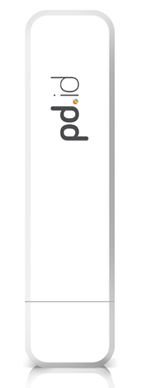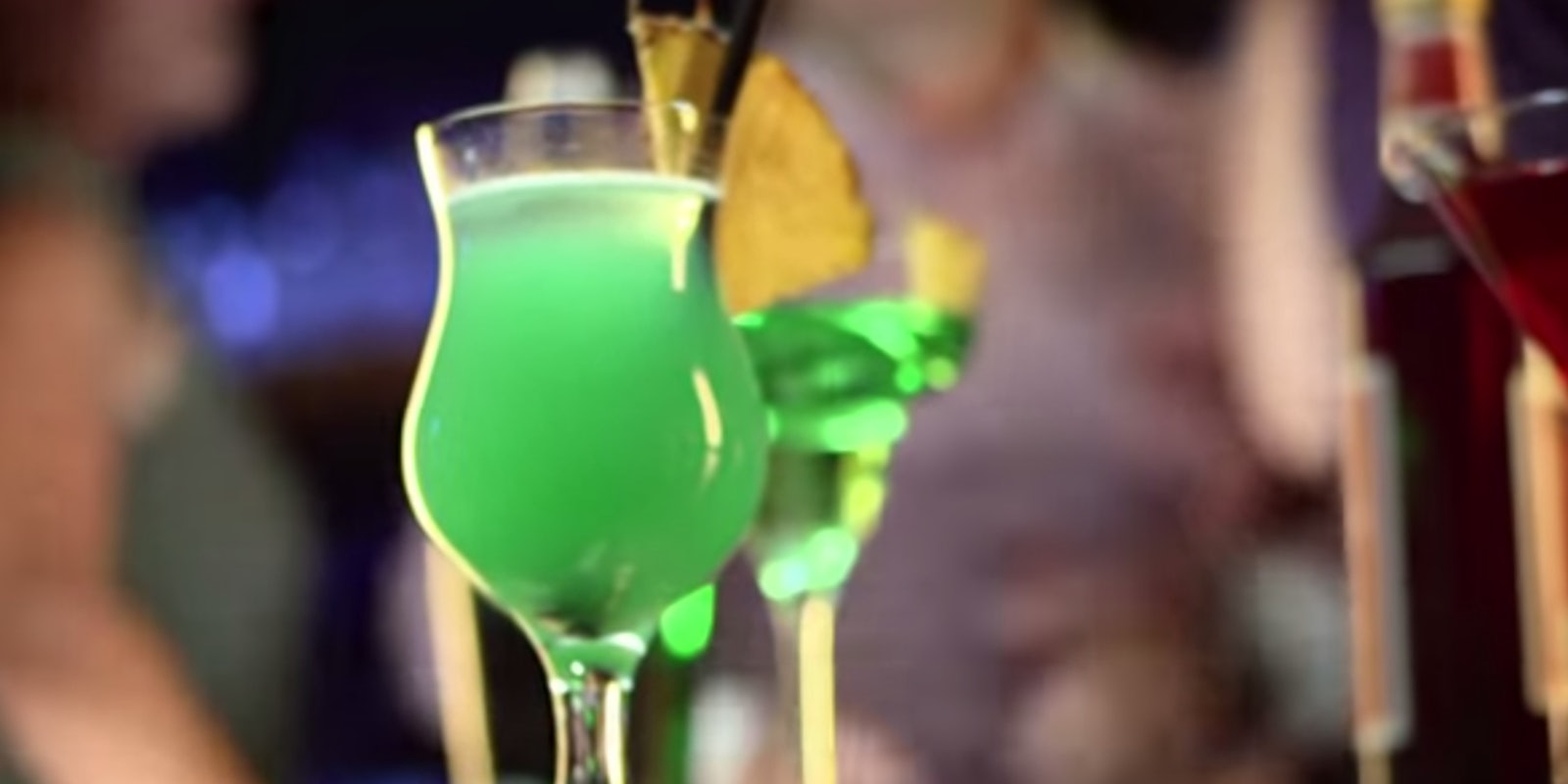We’ve all heard countless horror stories about what happens if you drink too much or leave your drink unattended at a party. But a new device wants to protect women (everyone, really) and make the threat of date rape a thing of the past by offering a quick and easy way to tell whether your drink has been tampered with,
The pd.id, which is currently fundraising on Indiegogo, is a tiny, lighter-sized device that you can take with you wherever you go. If you place the pd.id in your beverage, it’ll determine whether or not it’s been spiked by analyzing its molecular makeup and running it against other “drink profiles” in its database.
If pd.id detects any of the more common date rape drugs, such as rohypnol (“roofies”) or Zolpidem, in your drink, a red LED on top of the device will light up and show you which drug your drink has been spiked with. If pd.id finds that your drink hasn’t been tampered with, the device will flash green.
The pd.id also syncs up to your smartphone, so if you happen to leave your drink at the bar while you’re in the bathroom, your phone will alert you via text or alarm if your drink has been tampered with.
The pd.id was created by Canadian technical entrepreneur David Wilson, who has also helped develop pioneering cancer imaging technology. He says he was inspired to launch the device after he heard 18 stories from friends who had been date-raped at a party or bar.
 “Pd.id is a piece of technology, but it’s actually so much more,” he writes on the device’s Indiegogo page. “It’s about personal protection, feeling secure and it’s about empowering our daughters, sons, sisters, brothers, spouses, partners, friends, coworkers and ourselves to be safe in an often unsafe world.”
“Pd.id is a piece of technology, but it’s actually so much more,” he writes on the device’s Indiegogo page. “It’s about personal protection, feeling secure and it’s about empowering our daughters, sons, sisters, brothers, spouses, partners, friends, coworkers and ourselves to be safe in an often unsafe world.”
Wilson is not the first to develop a date rape drug sensor: Earlier this year, scientists at the National University of Singapore developed a colorless liquid that you can drop into your drink to determine whether it’s been dosed with rohypnol. The technology behind the pd.id has also long been used by the Drug Enforcement Agency (DEA) to detech the presence of illegal substances in drinks, though it has not been made available for the general market.
Date rape, of course, is extremely common, particularly on college campuses or other places where large amounts of alcohol are omnipresent. According to the Rape, Abuse, and Incest National Network (RAINN), approximately one in six women has been the victim of rape or attempted rape in her lifetime. Alcohol is involved in approximately 90 percent of all campus rapes.
H/T Sky News | Photo by pd.id/Indiegogo


